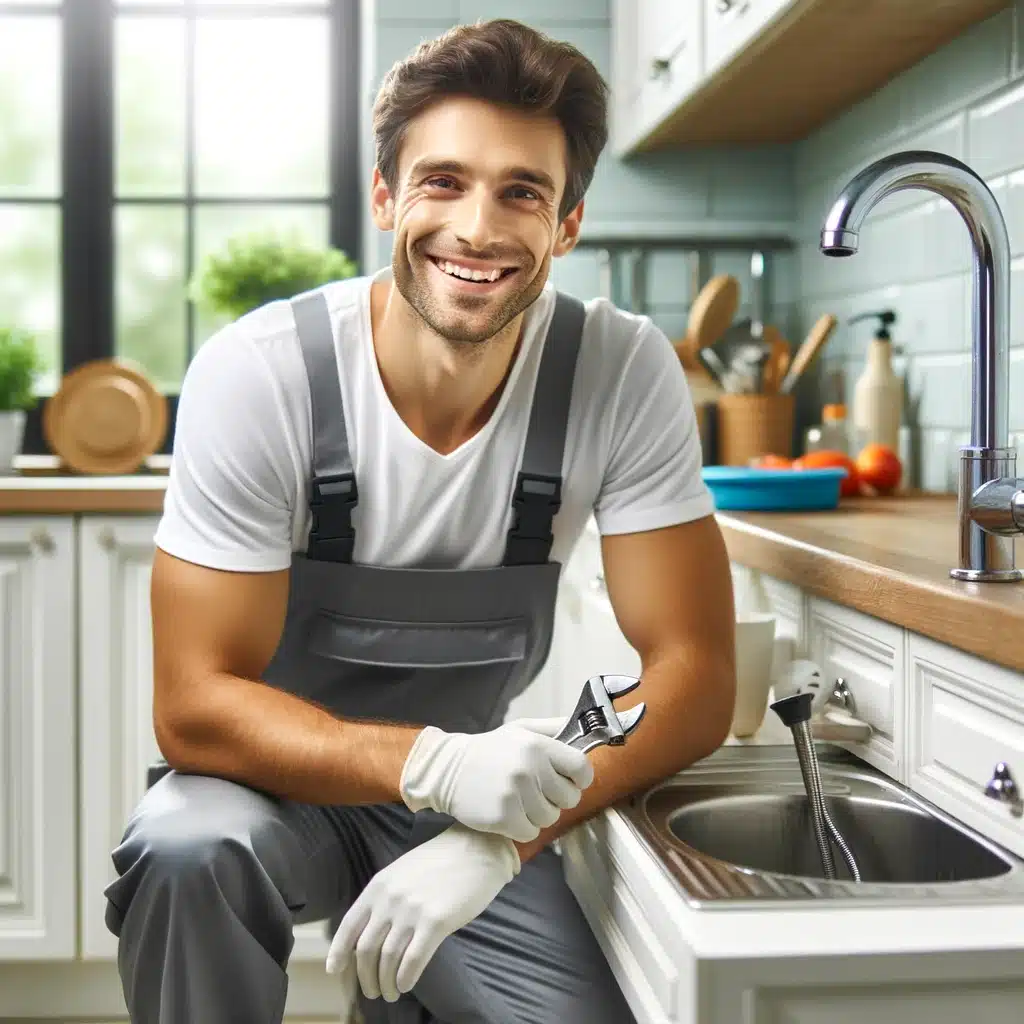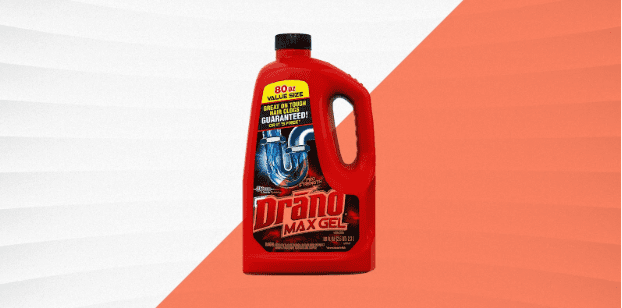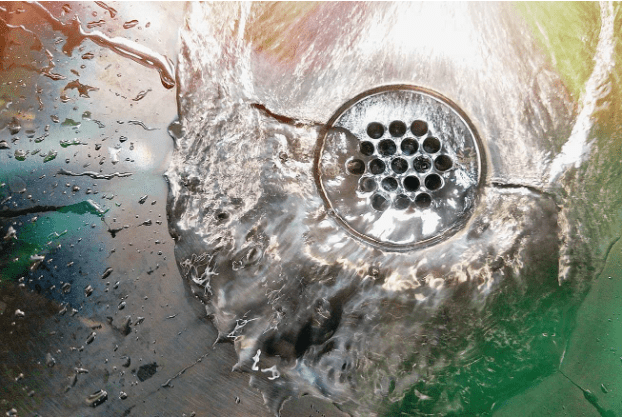
Understanding Drain Cleaning
The Basics of Drain Cleaning
First things first: What’s up with our drains? They’re kind of like the unsung heroes of our homes – quietly carrying away waste and water until, well, they can’t. From hair battles in the shower to grease showdowns in the kitchen sink, clogged drains are a common headache.
DIY vs. Professional Approach
We’ve all been there – standing in the aisle of a hardware store, pondering over drain cleaners or that fancy-looking plunger. DIY might seem like the quick fix, but let me tell you, it’s often a temporary band-aid. Plus, who hasn’t had that “uh-oh” moment when the water just won’t go down, despite all your plunging efforts?
Benefits of Professional Drain Cleaning
Comprehensive Cleaning
Professional plumbers come armed with an arsenal of tools like hydro-jetting machines and motorized drain snakes. It’s like comparing a superhero to a sidekick when you put professional tools against your average plunger.
Long-term Cost Efficiency
Remember that time I thought I’d fixed the bathroom sink, only to have it clogged again in a week? Professionals not only clear the blockage but also identify why it keeps happening. This means fewer calls to the plumber, and more money in your pocket.
Time-Saving and Convenience
In our busy lives, who has the time to spend hours on drain mysteries? Pros get the job done quickly and efficiently, letting you focus on more important things – like finally starting that TV show everyone’s talking about.
Additional Advantages of Hiring a Professional
Expertise and Experience
There’s something comforting about having an expert in your corner. These guys have seen it all – from toy-flushing toddlers to tree roots turning into pipe invaders. Their experience is invaluable, not just for fixing issues but for offering advice too.
Preventive Measures and Tips
A good plumber won’t just fix your problem; they’ll show you how to prevent it in the future. It’s like that time my plumber explained the importance of regular maintenance – a total lightbulb moment!
Safety and Health Considerations
Let’s be real, dealing with drains can be gross and potentially harmful. Pros know how to handle these situations safely, so you don’t have to worry about the icky stuff.
Choosing the Right Professional
What to Look for in a Service Provider
When hunting for a good plumber, look for licensed pros with solid reviews. Remember, cheap can be expensive in the long run.
Questions to Ask Before Hiring
Here’s a pro tip: Ask about their approach to drain cleaning, guarantees, and of course, get an estimate. No one likes surprise bills!
Conclusion
To wrap it up, professional drain cleaning is more than just clearing blockages; it’s about peace of mind and keeping our homes running smoothly. Whether you’re dealing with a minor annoyance or a major clog, remember: the pros have got your back. So, go ahead, make the call, and then sit back and relax, knowing your drains are in good hands.
And hey, next time you’re facing a plumbing puzzle, remember my stories and know you’re not alone. Happy plumbing, everyone!








